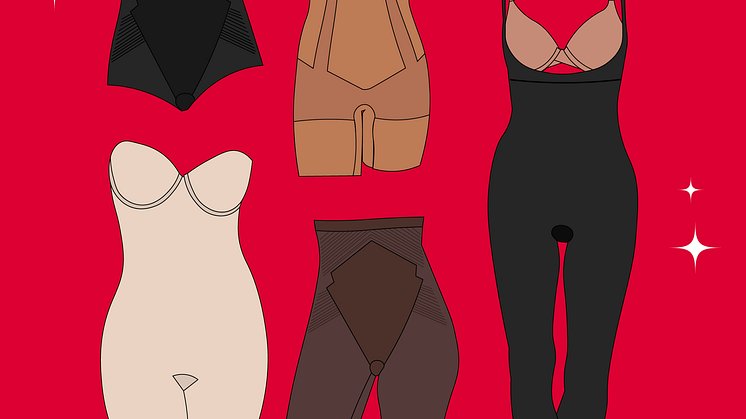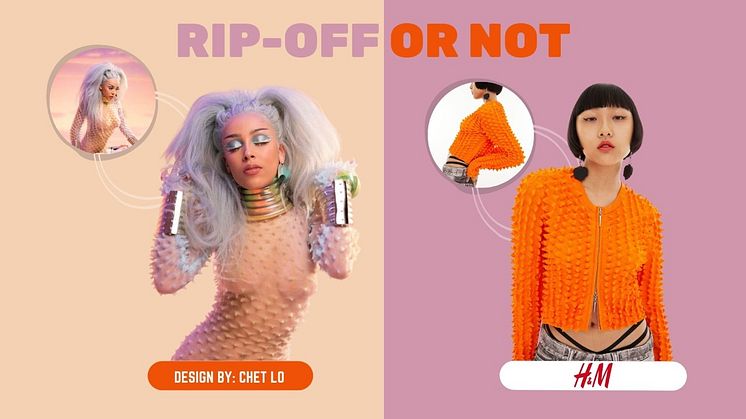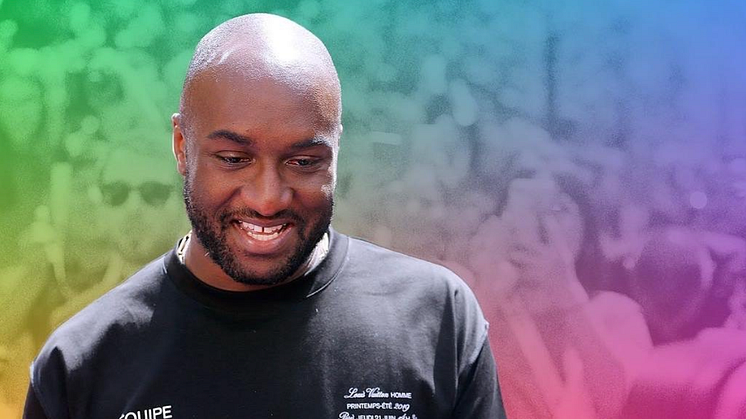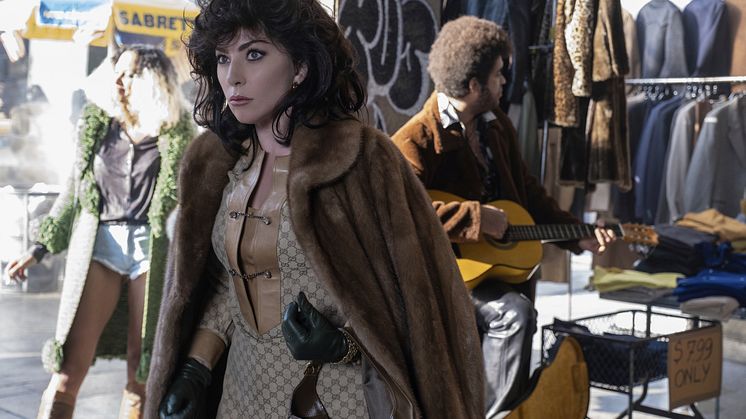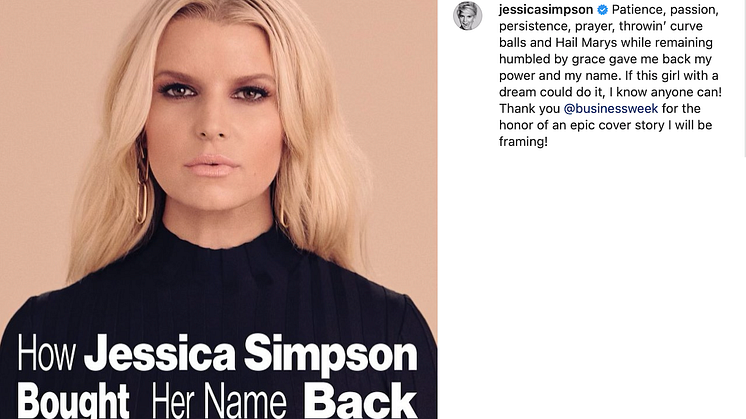
News -
How Jessica Simpson regained full ownership of her fashion label
Much of the world may still know Jessica Simpson as a 1990s pop star turned reality show personality. But since 2005, she has also been a retail entrepreneur, and a very successful one at that, having steered the Jessica Simpson Collection with different business partners. And now, after years of problems with her most recent licensing partner, she has bought back full ownership of the label that carries her name.
Simpson talks about her journey to regain control over her business in a recent interview with Bloomberg Businessweek. In 2005, she had decided to work with licensing veteran Vince Camuto for the Jessica Simpson Collection, and their deal gave him a 25% stake in the brand. Under this licensing business model, various products made by other manufacturers were sold under her name.
The licensing model is more affordable and streamlined for celebrities, who get to monetise their popularity without having to make a hefty capital investment. The flip side is that they may not have much control over the ensuing products and sales strategy. The money they get from such deals is also relatively more limited – the Jessica Simson Collection, for instance, clocked US$1 billion in sales in 2014, but Bloomberg Businessweek estimates that would have meant a payout of US$13 million or less for Simpson.
Camuto brought his decades of expertise to the table, creating a winning formula of accessible fashion sold at mid-tier department stores. But Simpson’s name, style, and fanbase were a big part of the brand’s success as well, while her mother Tina provided hands-on executive direction.
The Jessica Simpson Collection outlasted fashion labels launched by arguably far glitzier celebrities, including Sarah Jessica Parker and Jennifer Lopez. It is also likely much more profitable than many the celebrity lines that are still standing, such as Victoria Beckham’s label.
However, things took a turn for Simpson in 2015. After Camuto passed away, she partnered with a new licensing partner called Sequential, in a deal that gave Sequential a 62.5% stake in the label.
Sequential dragged its feet on providing resources for features such as an e-commerce website, ignored Simpson’s ideas, and even, according to her Bloomberg Businessweek interview, called her “irrelevant”.
By 2019, she had decided to buy back full ownership of the brand, and succeeded in doing so in 2021. “After 16 years, stepping into that role of ownership of my name and myself, it’s about time,” she told the magazine.
Having learned the value of protecting one’s intellectual property, Simpson and her mother have big plans for the business, including possibly building their own licensing platform to help monetise the IP of other brands. And if anyone knows how important it is to respect the IP of others, it’s this entertainer-turned-entrepreneur.
PitchMark helps innovators deter idea theft, so that clients get the idea but don’t take it. Visit PitchMark.net and register for free as a PitchMark member today.

